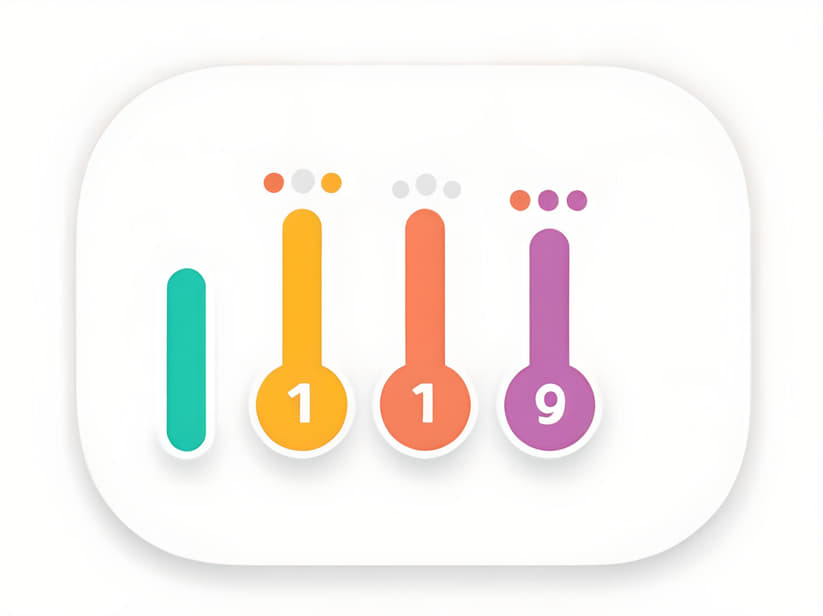
The Social Readjustment Rating Scale (SRRS), commonly known as the Holmes and Rahe Stress Scale, is a tool developed to assess the impact of various life events on an individual’s stress levels. Created by psychiatrists Thomas Holmes and Richard Rahe in 1967, this scale quantifies life events based on the amount of readjustment they require from an individual. Here’s an in-depth exploration of the Social Readjustment Rating Scale, its significance, and how it is used in psychology.
Understanding the Social Readjustment Rating Scale
The Social Readjustment Rating Scale is designed to quantify the stress levels associated with significant life events. It assigns a numerical value, termed Life Change Units (LCUs), to each event based on the degree of adjustment or readjustment it demands from an individual. The higher the LCU score assigned to an event, the greater the perceived stress impact it may have on a person’s life.
Development and Background
Thomas Holmes and Richard Rahe developed the SRRS based on their hypothesis that major life events, whether positive or negative, require individuals to adapt and readjust. They conducted extensive research to identify a comprehensive list of life events and assigned relative weights to each event based on the perceived stress they generate.
How the Scale Works
The SRRS consists of a list of 43 life events, each with a corresponding LCU score. Respondents are instructed to review the list and indicate which events they have experienced within a specified time frame, typically within the past year. By summing the LCU scores of experienced events, individuals can estimate their overall stress level.
Examples of Events and LCU Scores
The SRRS includes a wide range of life events, from positive milestones to negative experiences. Here are some examples:
- Death of a Spouse: 100 LCUs
- Divorce: 73 LCUs
- Marriage: 50 LCUs
- Change in Financial Status: 38 LCUs
- Job Change: 36 LCUs
- Vacation: 13 LCUs
Each event is assigned a score based on its potential to disrupt an individual’s life and require significant readjustment.
Significance in Psychology
The Social Readjustment Rating Scale has been widely used in psychology and medical research to study the relationship between life stressors and physical or mental health outcomes. Research suggests that higher cumulative stress scores on the SRRS correlate with an increased risk of illness, psychological distress, and decreased overall well-being. However, the scale also acknowledges that not all individuals react similarly to stressors, and personal resilience plays a significant role in mitigating the effects of stressful events.
Criticisms and Limitations
While the SRRS provides a structured approach to measuring stress, it has faced criticism and limitations:
- Subjectivity: Interpretation of stressfulness may vary among individuals, cultural backgrounds, and personal circumstances.
- Simplification: Life events are complex and multifaceted, and assigning standardized scores may oversimplify their impact.
- Contextual Factors: External factors, support systems, and coping mechanisms can influence how individuals perceive and manage stress.
Applications in Research and Counseling
In research settings, the SRRS helps researchers quantify stress exposure and study its effects on health outcomes. In clinical settings, counselors and therapists may use the scale to assess clients’ recent life events and provide targeted interventions or support strategies.
The Social Readjustment Rating Scale, or Holmes and Rahe Stress Scale, remains a valuable tool for understanding the relationship between life events and stress levels. By quantifying major life changes and their potential impact on individuals, the scale offers insights into stress management, health outcomes, and resilience. While it has its limitations, the SRRS continues to be a foundational tool in stress research and psychological assessment, aiding professionals in supporting individuals facing significant life transitions and challenges.